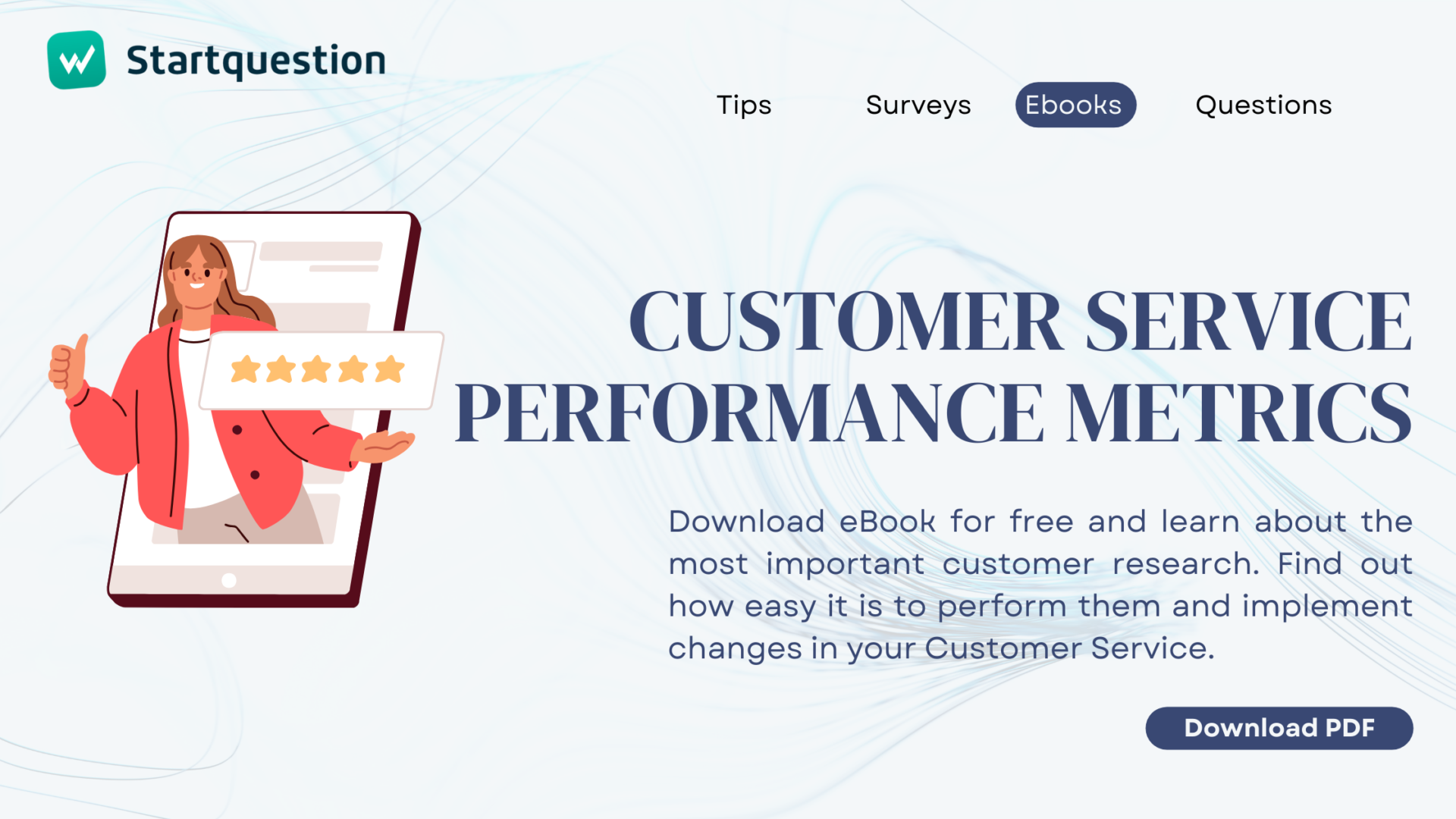After your meticulously planned event concludes, there’s one crucial step left: gathering feedback. Post-event surveys are invaluable tools for understanding attendee experiences, identifying areas for improvement, and maintaining attendee satisfaction. In this guide, we’ll delve into the significance of post-event surveys, provide examples of essential questions to ask and discuss best practices for sending out and maximizing survey responses.
Do you think Winston Churchill cared what people thought of him? I don’t think so. But he knew the importance of feedback.
“Criticism may not be agreeable, but it is necessary. It fulfils the same function as pain in the human body. It calls attention to an unhealthy state of things”. I love that quote, because it fits just as well with big politics as it does with asking event attendees – both regular and virtual events – for their opinions.
Event Feedback Survey Template
An online survey will help you see the event from the participant’s perspective and determine what went well and what should be done better in future events.
Event Feedback Survey Template
An online survey will help you see the event from the participant’s perspective and determine what went well and what should be done better in future events.
Why Send Post-event Surveys?
Before we dive into the nitty-gritty of creating impactful post-event survey questions, let’s take a moment to appreciate why these surveys matter. Imagine them as a backstage pass for event organizers—a direct connection to the heartbeat of their audience.
Here’s why they’re useful:
Estimate Event Success
Post-event surveys are your crystal ball. They help you gauge how well your event hit the mark.
- Satisfaction Radar:
Surveys act like radar guns, measuring attendee satisfaction. Was it a successful event? Or did it fall short? These insights guide your next moves.
- Speaker Quality and Content Usefulness:
Attendees spill the beans on speakers and content. Was the keynote inspiring? Did the panel discussion hit the bullseye? Use this info to curate future lineups.
- Attendance Intent:
Surveys reveal whether attendees would eagerly return. If they’re already planning their next visit, you’re on the right track.
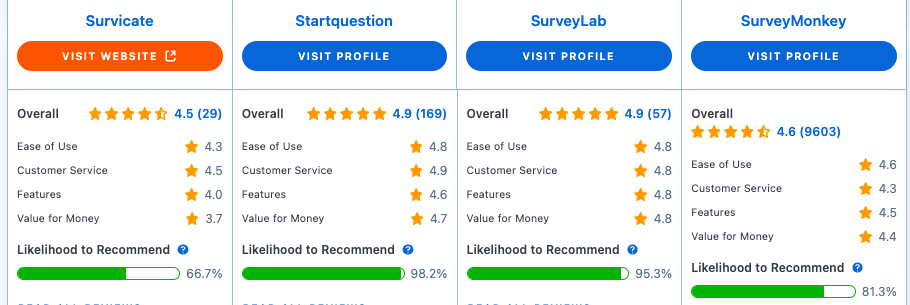
Relations Building
Post-event surveys serve as more than just feedback forms; they’re bridges to stronger connections with your audience.
- Valuing Attendee Opinions:
By seeking feedback after an event, you signal that attendee opinions matter. It’s like saying, “Your voice counts!” This fosters trust and goodwill.
- Two-Way Communication:
Surveys create a dialogue. Attendees appreciate being heard, and when they feel valued, they’re more likely to engage with your next event.
Improve Future Events
Post-event surveys are your secret sauce for regular & virtual event enhancement.
- Uncover Hidden Gems and Pitfalls:
Imagine your event as a treasure hunt. Surveys reveal the gems—the aspects attendees loved—and also highlight the pitfalls. Maybe the Wi-Fi was spotty, or the breakout sessions were a hit. Armed with this intel, you can fine-tune future events.
- Banish Assumptions:
Assumptions are risky. What worked for one event might flop in another. Surveys replace guesswork with data. If attendees secretly disliked the neon disco lights, you’ll know. Avoid repeating missteps and keep your audience coming back.
Remember, without constructive feedback, organizers grope in the dark, relying on gut feelings. So, embrace the survey magic, light up your path, and create unforgettable events!
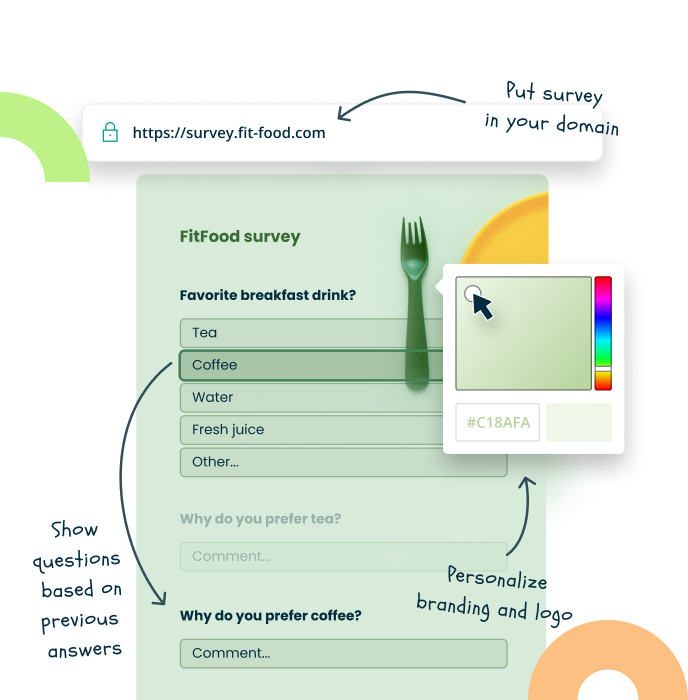
12 Questions Examples for Post-event Surveys
Now, let’s explore the specific questions you should consider including in your post-event survey. Remember, each question serves a purpose:
1. What is your scale of satisfaction with this event?
This question aims to gauge overall attendee satisfaction with various aspects of the event, including content, organization, and overall experience. It helps organizers identify areas of strength and areas needing improvement for future events.
2. Are you likely to participate in one of our events in the future?
Organizers can assess their audience’s interest and loyalty by inquiring about their likelihood to attend future events. This question offers valuable insights into attendee retention and helps to evaluate the effectiveness of event experiences in maintaining engagement with the audience.
3. What was your favorite part of the event?
Understanding attendees’ favorite aspects of the event helps organizers identify what resonates most with their audience. This information can inform future event planning decisions, allowing organizers to focus resources on elements that attendees find most valuable and engaging.
4. How likely are you to tell a friend about this event?
This question measures how likely attendees are to recommend the event to others, which indicates the potential for positive word-of-mouth promotion. High scores show satisfied attendees who are likely to promote the event, contributing to its success and future attendance.
5. Did the event meet its goals?
Event organizers can evaluate the success and effectiveness of their event by assessing if it met its goals and objectives. It ensures alignment between event planning efforts and desired outcomes, providing valuable insights for future event strategy.
6. What did you most enjoy about today?
Organizers can gather valuable feedback by asking attendees about their favorite experiences during the event. This feedback can help identify specific elements that contribute to attendee satisfaction. By paying attention to this information, organizers can make informed decisions for future event planning and prioritize the aspects that resonated most with attendees to enhance their overall experience.
7. Did you have any issues registering for or attending this event?
Identifying any issues or challenges encountered during registration or attendance helps organizers address logistical barriers that may impact the attendee experience. This question allows organizers to proactively identify and resolve problems, improving the overall event experience for future attendees.
8. How likely will you recommend our event to your family or friends?
Similar to question 4, this question assesses attendees’ likelihood to recommend the event to their network. Positive Net Promoter Score (NPS) responses indicate satisfied attendees willing to endorse the event, contributing to its reputation and potential for future attendance.
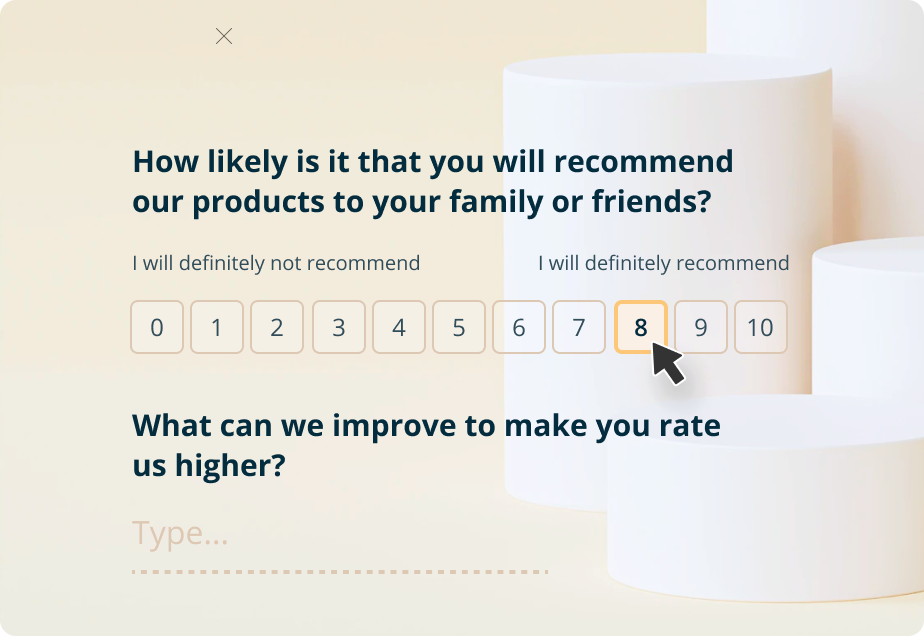
9. How did you feel about the duration of the content?
Evaluating attendees’ perceptions of the event’s duration and pacing helps organizers assess whether the content was appropriately timed and engaging. This question provides insights into attendee preferences regarding event length and helps organizers optimize future event schedules.
10. Did you have enough networking opportunities?
Assessing attendees’ satisfaction with networking opportunities helps organizers understand the importance of networking in their event experience. This question provides insights into the effectiveness of networking activities and helps organizers tailor future events to better meet attendees’ networking needs.
11. How friendly did you find the event staff?
Event organizers can assess attendee-staff interactions by measuring staff friendliness. Positive feedback contributes to attendee satisfaction and retention.
12. What suggestions do you have for improving our events?
This open-ended question solicits constructive feedback and ideas from attendees for enhancing future events. Attendee suggestions provide valuable insights into areas for improvement and help organizers prioritize initiatives that align with attendee preferences and expectations.
How Should You Send Your Post-event Survey?
Once you’ve crafted your post-event survey questions, the next step is to determine the best distribution method.
Email surveys are popular due to their ease of implementation and broad reach. However, for maximum visibility, consider supplementing email surveys with other channels, such as social media, QR codes, or event apps. Here you’ll find more information about best survey distribution methods.
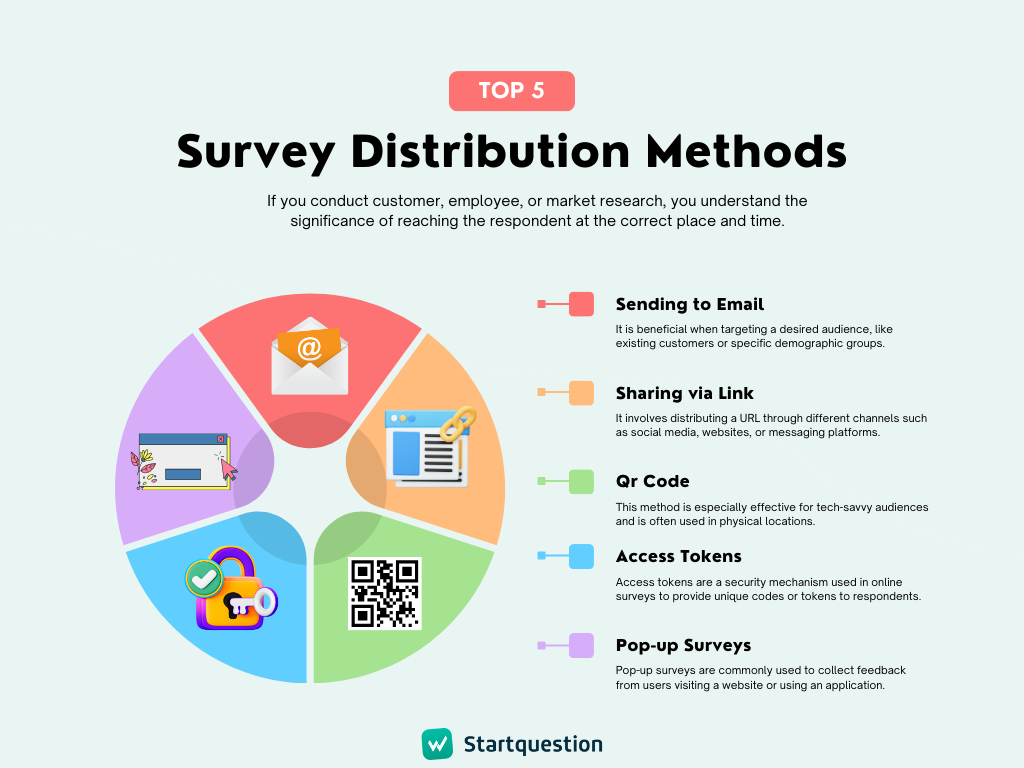
To maximize response rates, consider the following tips:
- Timeliness is critical when it comes to survey distribution. Aim to dispatch your surveys promptly, ideally within twenty-four to forty-eight hours after the event. It ensures that the event experience is fresh in attendees’ minds, leading to more accurate and detailed feedback that can be invaluable for your event planning efforts.
- Consider offering incentives such as discounts or exclusive content for survey completion to encourage participation.
- When crafting your survey questions, keeping them focused on the event itself is essential. Avoid unrelated topics that may deter respondents. By ensuring the relevance of your survey questions, you can keep respondents engaged and increase their likelihood of completing the survey, thereby gathering more valuable insights for your event planning improvement.
- Feel free to send reminders to non-responders after a week to prompt additional submissions.
Utilize examples to create post-event surveys that drive continuous improvement in your event planning.
Post Webinar Survey Questions
Asking for feedback from attendees is one of the most effective ways to optimize future events.
Post Webinar Survey Questions
Asking for feedback from attendees is one of the most effective ways to optimize future events.
Post Event Feedback… Isn’t the Only One
However, no one said that collecting feedback begins and ends after the event. If you want to know participants’ opinions in advance (for example, to adjust the training program or catering at the conference), prepare pre-event survey questions and send them to registered participants.
You know what the best part is? You can easily prepare all these surveys with the help of Startquestion.
But before I refer you to the free account, I will take another quote from Churchill. “To improve is to change, so to be perfect is to change often.”
Doesn’t this phrase, although it was uttered a good few decades ago, accurately reflect our realities and the need for continuous development based on feedback from customers (CX), employees (HR), or market research?
Let’s change for the better, no matter what industry we represent.




